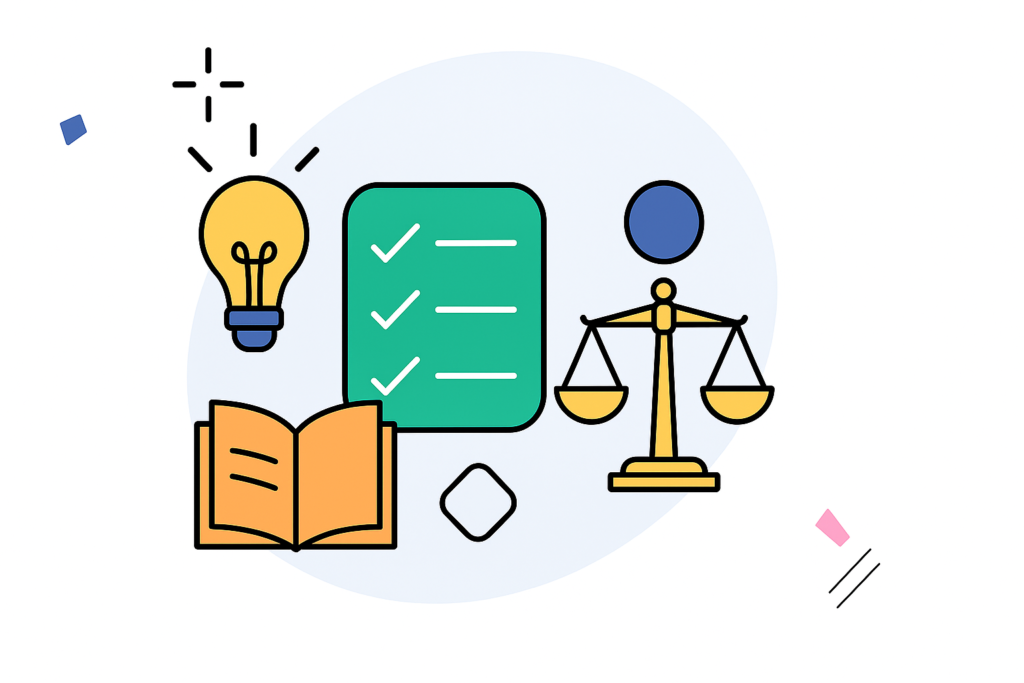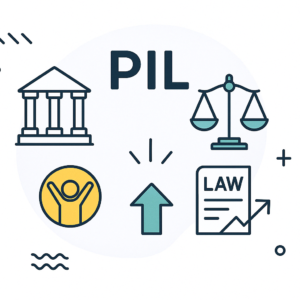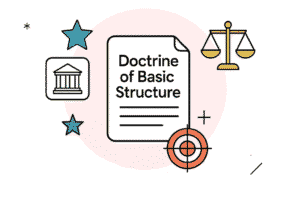In India, legal aid plays a crucial role in ensuring justice for all, particularly for marginalized communities. Free legal aid is a constitutional guarantee, ensuring that individuals who cannot afford legal support still have access to justice.
Despite these efforts, challenges such as a lack of awareness and limited access to services in rural areas continue to hinder the effectiveness of legal aid.
The Constitutional Mandate for Legal Aid

India’s Constitution lays down the foundation for legal aid with Article 38(1), which mandates the state to promote the welfare of the people by securing and protecting a social order that includes justice, social, economic, and political.
This constitutional commitment was solidified with the enactment of the Legal Services Authorities Act, 1987, which established a statutory framework for the provision of legal aid across India.
The Legal Services Authorities Act, 1987: A Framework for Justice
The Legal Services Authorities Act, 1987 was a milestone in institutionalizing legal aid. The Act led to the formation of the National Legal Services Authority (NALSA) at the national level and State Legal Services Authorities (SLSAs) at the state level.
These bodies ensure that legal aid is accessible to economically disadvantaged individuals, marginalized communities, women, children, and vulnerable groups.
Legal aid services under this framework include:
- Legal advice
- Representation in court
- Assistance in drafting legal documents
Many legal aid clinics have been set up to bring legal services closer to grassroots levels. These clinics, often run by lawyers and paralegals, help deliver legal aid to those who need it most.
Challenges in Implementing Legal Aid
Despite the comprehensive legal framework, legal aid in India faces significant challenges:
Lack of Awareness
Many people, especially in rural areas, are unaware of their right to free legal aid. This is compounded by illiteracy, making it harder to access legal help.
Perception of Poor Quality
There’s a common perception that free legal services lack quality. This is partly due to a shortage of qualified attorneys willing to provide pro bono services, resulting in concerns about the effectiveness of legal aid provided.
The Road Ahead: Strengthening Legal Aid in India
To address these challenges, a multifaceted approach is needed:
Raise Awareness
Campaigns in local languages can be conducted to reach illiterate populations, ensuring they are aware of their rights. NGOs can play a key role in bridging the gap between the legal aid system and the public.
Promote Pro Bono Work
Encouraging a culture of pro bono work among lawyers is essential. Legal education should emphasize the importance of serving the community.
The Future of Legal Aid in India

As technology continues to evolve, the future of legal aid in India is likely to see:
- Online legal aid portals
- Virtual legal clinics
- E-filing systems
These innovations could make legal services more accessible, especially in remote areas. Moreover, there may be a greater focus on specialized legal aid in areas like family law, environmental law, and labor law to address diverse legal needs.
Alternative Dispute Resolution (ADR) methods, such as mediation and arbitration, will also become a key part of legal aid services, helping to resolve disputes more efficiently and cost-effectively.
Conclusion: Legal Aid as a Pillar of Social Justice
Legal aid is the cornerstone of social justice in India, helping to promote equality and ensure access to justice for the economically and socially disadvantaged.
By implementing effective legal aid schemes, conducting awareness campaigns, and promoting pro bono services, we can create a stronger legal aid system that delivers on its promise of justice for all ⚖️
Start Your Journey to Justice with Edzorb Law!
If you’re preparing for judicial exams and aiming to make a difference in the legal world, Edzorb Law is here to guide you! With comprehensive study materials, mock tests, and insights on legal aid and constitutional law, Edzorb Law provides all the resources you need to excel.
Start your journey today!📝










 Features
Features






